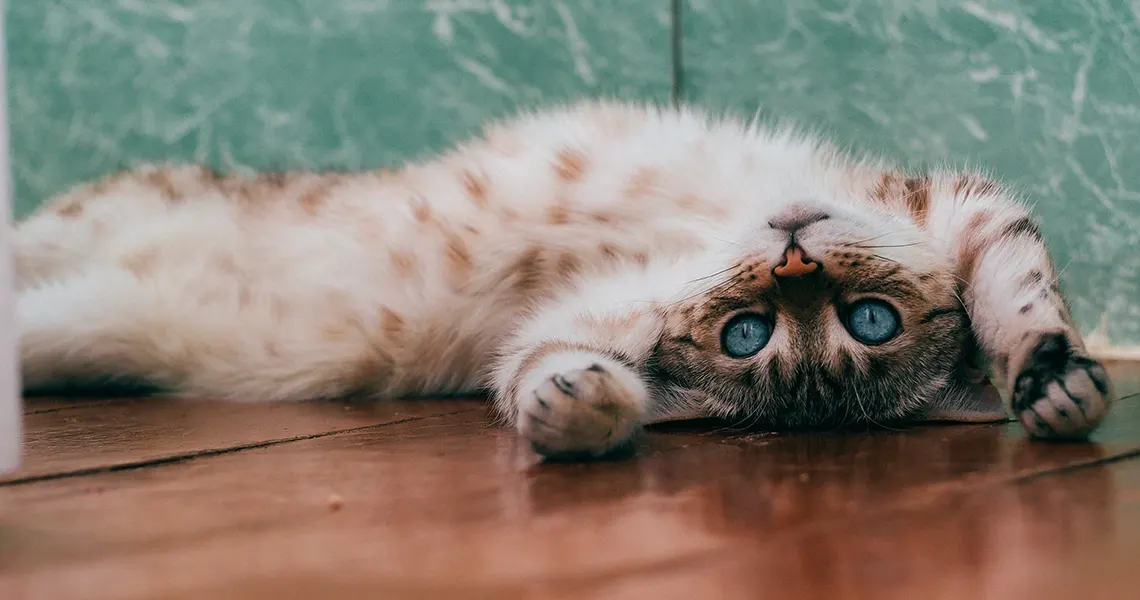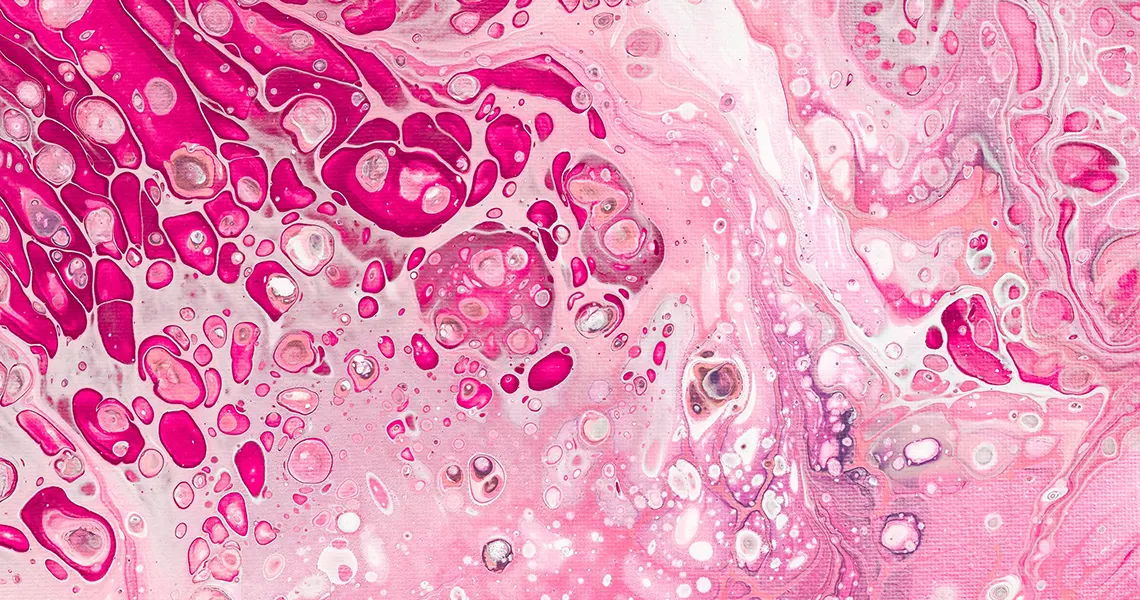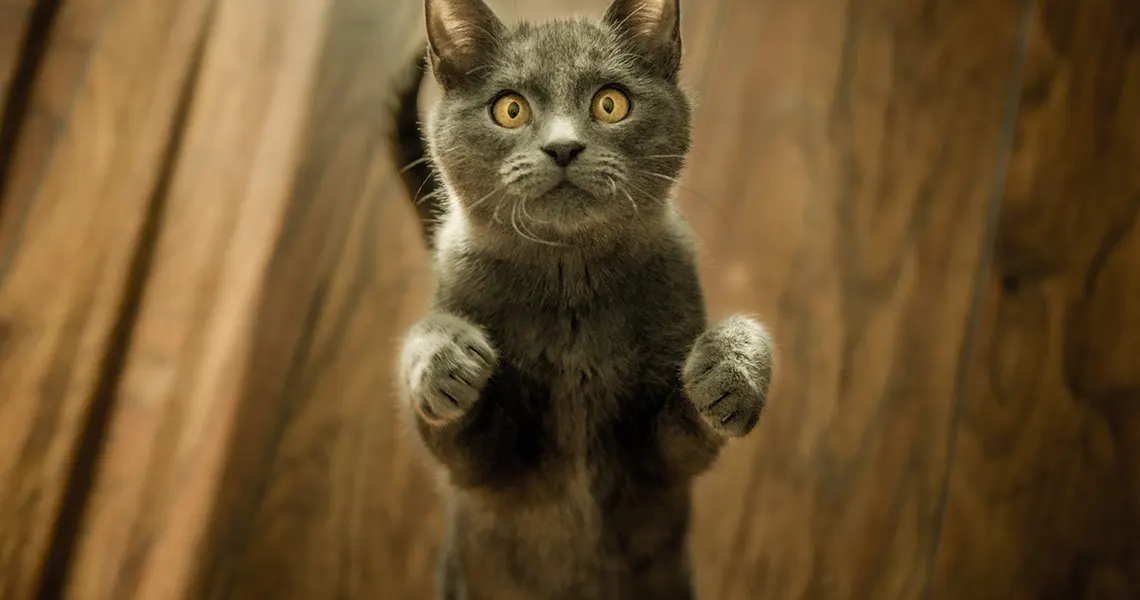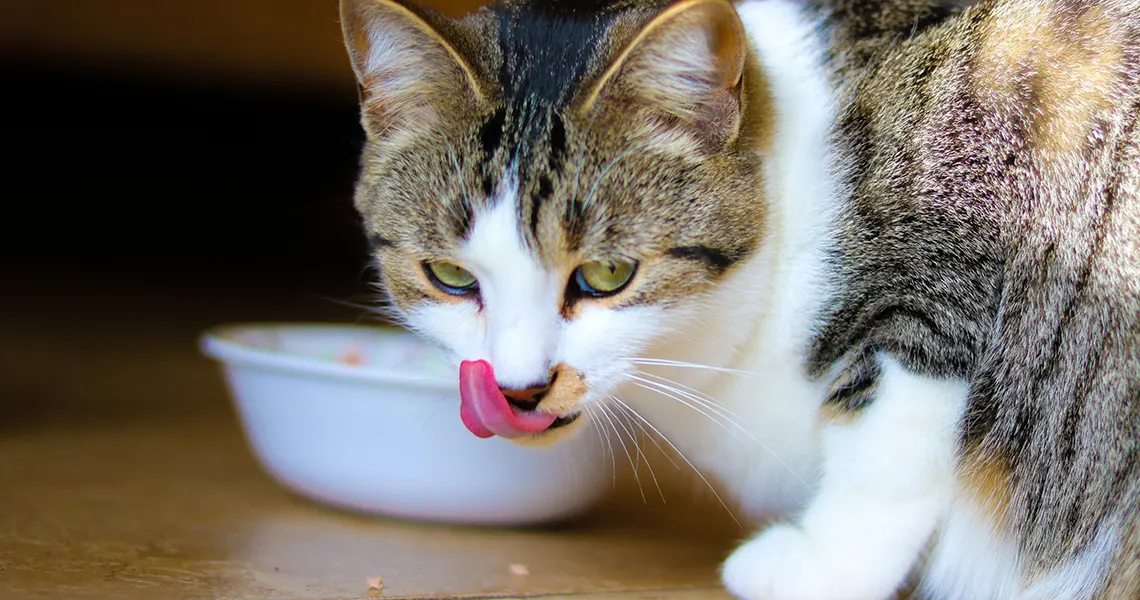
Cats and CBD oil
Pet owners are always looking for new ways to keep their critters happy. Research shows CBD has positive effects on the symptoms of various human conditions. This has a lot of people wondering if the same applies to their favourite furballs.
Anyone looking at giving their cat CBD oil should know that our understanding of the substance leaves a lot to be desired. We know it can have certain benefits, but don’t fully understand them.
We believe the substance operates similarly in cats as it does in us. Unfortunately, this is a subject that hasn’t seen a lot of investigation. What we do know is that there’s no specific evidence to show that CBD is unsafe or unhealthy for cats.
To make informed decisions, you’ll want to know:
- where CBD comes from and how it works
- what kind of potential benefits there are for your cat
- the types of CBD products available
- whether or not there’s a risk of side effects
- how to give your cat CBD and select the appropriate dose.
Your first step when thinking about your pet’s health should always be talking to a veterinarian. They are best equipped to help you make good choices when treating your cat.
What is CBD?

There are hundreds of natural compounds found in the hemp plant. The two most well-known are cannabidiol (CBD) and delta-9-tetrahydrocannabinol (THC). Manufacturers use various scientific methods to extract either substance from the plant.
Cannabidiol, in particular, is a resin taken from the flowers, leaves and stalks of hemp. THC is taken only from the flower. It’s psychoactive and produces a ‘high’ that CBD does not.
CBD is the hemp compound most commonly used as an alternative treatment.
It’s generally considered to be entirely safe for consumption, even at extreme doses. Some people are more sensitive to the substance than others. This stands doubly so for THC, which can induce some negative effects even at small doses.
Both work by way of the endocannabinoid system.
This system:
- exists in humans, cats, and most other mammals
- sends chemical signals throughout the body
- is comprised of receptors that bind to various cells
- regulates learning and memory, digestion, body temperature, immune response and more.
When cannabidiol binds to certain receptors, it triggers those cells to respond to stimuli.
When those cells are under threat of a certain condition, CBD may trigger a response that assists in managing or relieving that condition (or at least its symptoms).
Can cats have CBD oil?

Again, this is an area that is lacking in research. We know roughly as much about how CBD works for cats as we do about what cats are feeling and thinking. That is to say, not much.
Most of the evidence is anecdotal and only one or two known studies have focused on cannabidiol usage and safety for cats. The evidence we do have so far suggests that CBD consumption for cats is relatively safe.
On the other hand, some evidence suggests that THC and cats don’t go well together.
This is unfortunate considering some researchers believe that the compounds may actually enhance each other‘s therapeutic effects in humans.
The potential toxicity to cats is important to consider because of how CBD products are sold. They are classified by THC content. Full-spectrum CBD contains THC. Broad-spectrum has trace amounts of CBD. Isolates are a pure cannabidiol extract.
When you talk to your vet:
- discuss whether or not THC is appropriate for treating your cat
- know that your vet is more likely to recommend any one of the more understood medications than they are CBD
Every cat’s needs are different and it’s key to do as much research as you can before making decisions about your pet’s health.
CBD for cats: benefits

As we’ve mentioned, cats also have an endocannabinoid system. The thinking is that cannabidiol therefore would have more or less the same benefit for cats as it does for us.
This generally involves treating the uncomfortable symptoms of a condition, rather than the condition itself. However, the prevalence of endocannabinoid receptors across the body differs between different species.
For instance, scientists are far more dubious about the benefits of CBD for dogs.
It should also be noted that CBD can also induce negative side effects in cats. These are generally very mild and associated with large doses but are nevertheless a risk you take.
These include:
- sedation, drowsiness or fatigue
- changes in appetite
- weight loss or gain
- gastrointestinal problems.
We should also add that unregulated products greatly increase these risks. The Australian government monitors manufacturers to control THC content, labelling and overall quality. The unregulated market does not fall under these same controls.
This means a far higher risk of contamination by bacteria or heavy metals. It also means the product could contain CBD or THC in far higher or lower percentages than advertised.
CBD is only available legally via prescription. Consult your vet about access.
How to give CBD oil to cats

Cannabidiol comes in creams, oils, edibles and more. Many would consider oil tinctures the easiest and most convenient method. Especially when it comes to dosing an animal.
CBD oil can be administered sublingually (under the tongue) or mixed into your cat’s food. Generally, it will take around 15 – 30 minutes to see the effects. You’ll want to start at very small doses and gradually work your way up should you need to.
A veterinarian is most suited to guide you on dosing your cat with CBD. The correct dosage depends on the condition you’re addressing, as well as your cat’s weight, age, and other factors.
So, is CBD oil safe for cats?
Summary:
The short answer is yes. The evidence we have so far suggests that CBD oil is more or less harmless for cats. They are, however, just as likely to experience mild side effects as we are.
On the other hand, we have very little knowledge of CBD’s potential benefits for cats. All we know is based on our understanding of the endocannabinoid system.
If you’re eager to explore alternative treatments for your cat, talk to your veterinarian first. Their training means they’re uniquely qualified to assess the condition and physiology of your cat. They’re also well suited to determine if your cat should be consuming THC and how to dose your cat with CBD.
